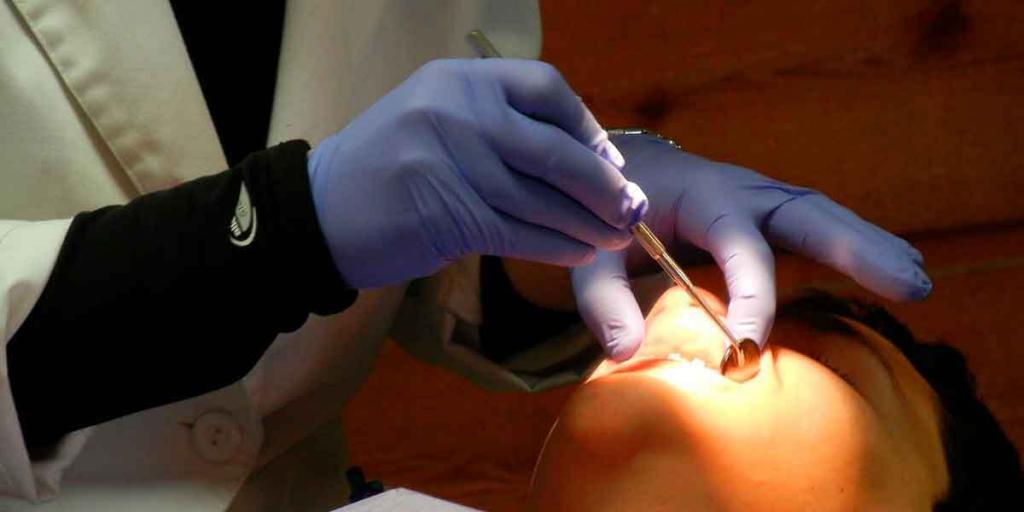Fact: Do you know that every year more than 5 million Americans go through wisdom teeth removal successfully?
However, you need to realize that not all wisdom teeth have to be extracted. But this is usually true of 12 percent of impacted teeth. We have various reasons why impacted teeth need to be extracted.
Reasons to have Wisdom Teeth Extracted
Wisdom teeth usually appear between 15 and 25 years. In most cases, there is no need to worry about them, there are a few reasons that make it necessary to remove them.
Inflammation and Infection
Wisdom teeth can become infected due to the limited space and constant impactions. The infection leads to inflammation of the gums, which can be painful.
Once inflammation starts, then it is hard to reduce the effects. This infection usually spreads to other areas of the mouth.
When a wisdom tooth is impacted, the gap between the gums and the teeth can create pockets that form breeding grounds for bacteria, which increases the risk of dental infection.
Overcrowding of the Teeth
Erupting wisdom teeth try to enter an area already crowded with other teeth. They have little room to move into, and they try to push neighboring teeth to the side. This causes misalignment of the teeth. If you have a beautiful smile, you have all the reason to worry because the wisdom teeth will push them aside, causing gaps.
If you have had any restorative work performed on the teeth, you are at risk of losing the dentures, implants, or bridges due to the wisdom teeth’ action.
Potential of Damage to Surrounding Teeth
While overcrowding is a likely scenario, wisdom teeth can do more damage to the neighboring teeth than simply crowd them out of their space. In fact, they can cause damage to the adjacent molars by causing cavities and bone loss.
When they Are Difficult to Keep Clean
If you have pain or complications with the eruption of wisdom teeth, you are looking at hard times when it comes to cleaning the teeth. Space will be minimum, which means that you won’t be able to floss and brush properly around the impacted teeth. Limited space makes the teeth a good breeding ground for plaque-causing bacteria, which can lead to cavities.
Signs Your Wisdom Teeth Are Impacted
Before you even decide to go for impacted wisdom teeth removal, you need to identify the various signs that show that the teeth are impacted. Here are the signs:
Infection and Swelling
Usually, there is a lot of pain, significant swelling, and infection that accompanies impacted wisdom teeth, especially when the situation goes untreated.
The longer you leave the wisdom teeth, the more likely that they will get infected and the infection to penetrate the open tissue. Remember that oral infections can become systemic and harm your general health.
Pain in the Affected Area
You will experience pain in the area where the impacted teeth are located. The pain occurs because the wisdom teeth have been prevented from emerging from the jaw bone or blocked by other teeth.
Clues to the fact that the teeth are impacted are a bad taste in the mouth, swelling of the gums around the impacted tooth, and bad breath.
Types of Impaction
Many types of impaction can result. These include:
- Full-bony impacted. The tooth is fully stuck within the bone and is the hardest to handle.
- Partial-bony impacted. Here, the teeth re partially impacted in the jaw.
- Soft-tissue impacted. This is less complicated because the tooth is only stuck under the gums.
- Erupted. The tooth has already appeared in the mouth.
Wisdom Teeth Can Turn Out to Be a Nightmare!
If not taken care of properly, wisdom teeth can turn out to make your day bad. While they are usually harmless, impacted wisdom teeth aren’t the best when they occur. They cause pain and discomfort and aren’t easy to handle.
We have been extracting wisdom teeth for ages now, and we understand the process of impaction such that we can know when it is impacted on not. Call us today to help you with an impacted wisdom tooth.




